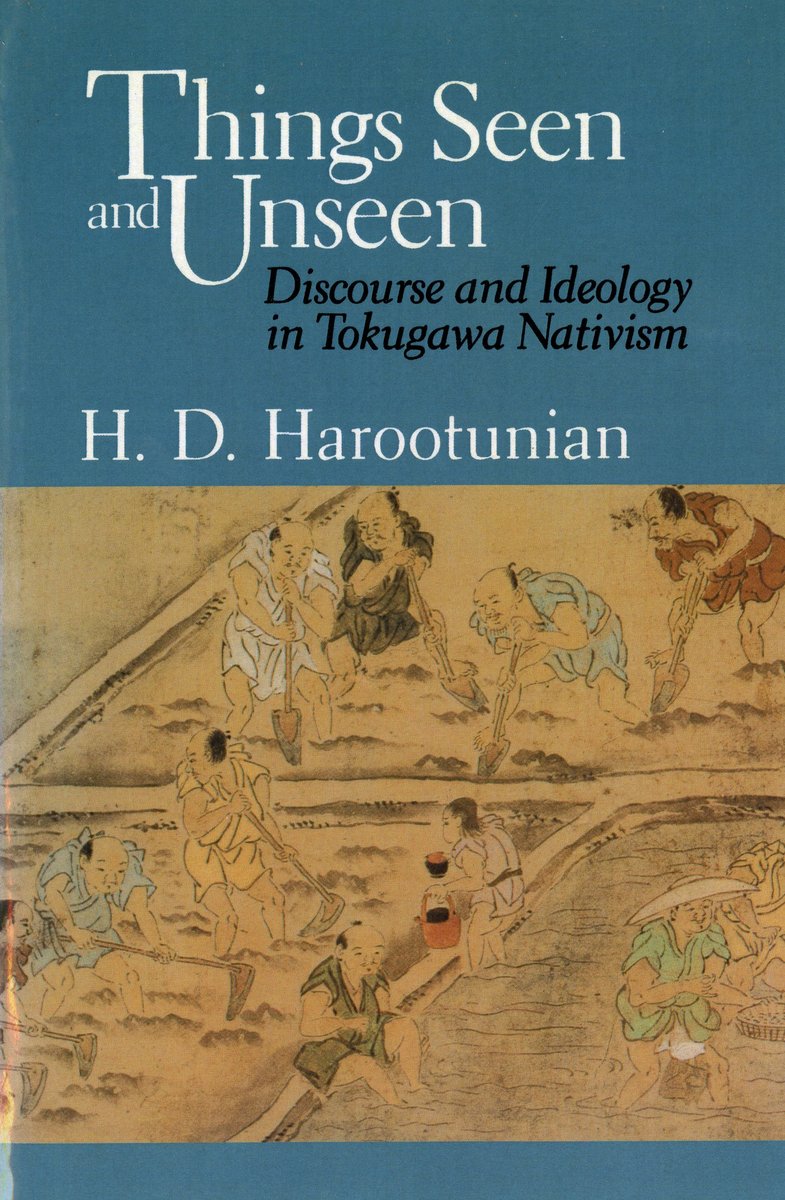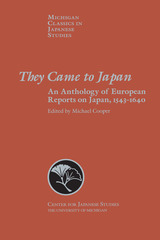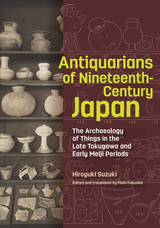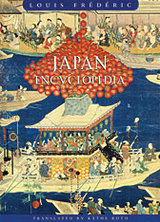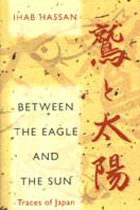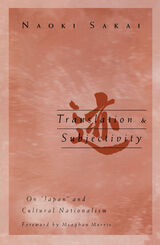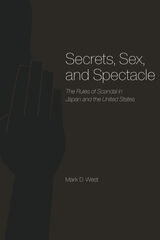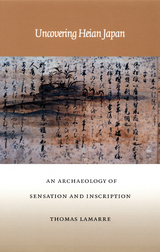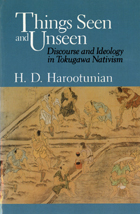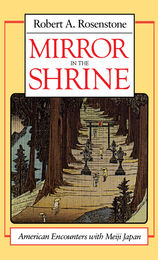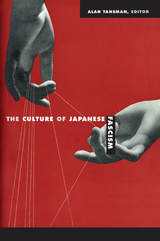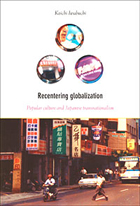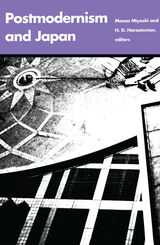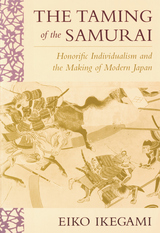Things Seen and Unseen: Discourse and Ideology in Tokugawa Nativism
University of Chicago Press, 1988
Cloth: 978-0-226-31706-9 | Paper: 978-0-226-31707-6
Library of Congress Classification DS822.2.H313 1988
Dewey Decimal Classification 001.10952
Cloth: 978-0-226-31706-9 | Paper: 978-0-226-31707-6
Library of Congress Classification DS822.2.H313 1988
Dewey Decimal Classification 001.10952
ABOUT THIS BOOK | TOC | REQUEST ACCESSIBLE FILE
ABOUT THIS BOOK
This long-awaited work explores the place of kokugaku (rendered here as "nativism") during Japan's Tokugawa period. Kokugaku, the sense of a distinct and sacred Japanese identity, appeared in the eighteenth century in reaction to the pervasive influence of Chinese culture on Japan. Against this influence, nativists sought a Japanese sense of difference grounded in folk tradition, agricultural values, and ancient Japanese religion. H. D. Harootunian treats nativism as a discourse and shows how it functioned ideologically in Tokugawa Japan.
See other books on: 1600-1868 | Discourse Ideology | Harootunian, Harry D. | Kokugaku | Unseen
See other titles from University of Chicago Press
